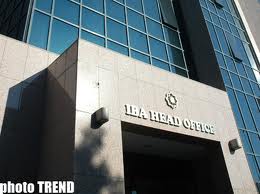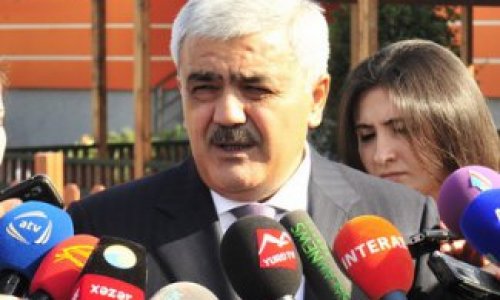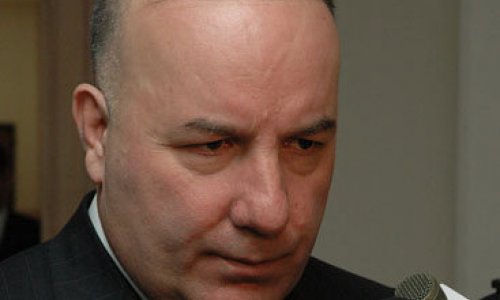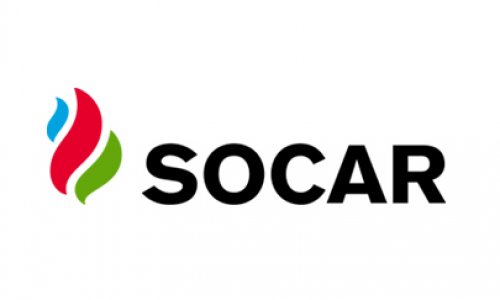As Russia reels from its worst currency crisis since the 1998 default, the International Bank of Azerbaijan is capitalizing on demand for cash from companies in Moscow.
The Baku-based bank plans to offer Islamic financing to corporate Russian clients beginning next month, said Behnam Gurbanzada, the director of Islamic banking at the lender.
Negotiations are under way with as many as four investors in Qatar and the United Arab Emirates for Shariah-compliant financing for deals, he said.
"Once we start operating, the results we got in Azerbaijan in two years, we’ll get in Russia in one year,” Gurbanzada said by telephone from Baku Jan. 12. "We’ll have our first transaction in Moscow” by the end of February, he said.
Demand for financing among Russian companies is rising after plunging oil prices and a 46 percent drop in the ruble last year prompted the central bank to raise its interest rates the most since 1998 in December. The companies were already blocked from access to external capital by sanctions designed to punish President Vladimir Putin’s support for separatists in Ukraine.
Any bank, Islamic or otherwise, willing to lend in Russian rubles today will find "huge” demand for cash, said Sergey Komolov, a managing partner at King & Spalding LLP law firm in Moscow.
The International Bank of Azerbaijan’s Islamic assets at home more than tripled to $530 million last year from 2013, Gurbanzada said. The lender may expand its Shariah-compliant offerings to St. Petersburg and Siberia after Moscow, he said.
"Foreign banks operating in Russia are willing to include smaller interest margins in their loan facilities than Russian banks,” Komolov said by e-mail Jan. 13.
Russia’s Mosprime overnight rate, a gauge of interbank lending, climbed to a record 27.3 percent in December after the central bank raised the key interest rate 6.5 percentage points to 17 percent. An almost 50 percent decline in Brent crude and its conflict over Ukraine sent the ruble to a record low.
"This is a difficult time for Russia,” Gurbanzada said. "Islamic finance could work as an alternative to help the Russian economy.”
Muslims account for as much as 15 percent of the nation’s 142 million people, according to U.S. government data.
Even with Islamic financing, banks operating in the world’s biggest energy exporter face headwinds. Russia’s economy may contract 4 percent this year after expanding 0.6 percent in 2014 as oil prices continue to sink, Fitch Ratings said in a report last week. The company downgraded the nation’s credit score to one level above junk.
Standard & Poor’s put Russia’s rating on negative watch on Dec. 23, with a 50 percent chance it may be lowered to junk within 90 days.
Brent crude, a benchmark for half the world’s oil, retreated another 19 percent this year to $46.24 a barrel at 1:25 p.m. in London yesterday, the lowest since March 2009.
The U.S. and European Union have targeted individuals, companies and the finance, energy and defense industries to punish Russia for the annexation of Crimea in March and Putin’s alleged support for the separatist insurgency in eastern Ukraine.
The International Bank of Azerbaijan secured a $252 million syndicated Islamic loan last month, the largest in the lender’s history, according to Gurbanzada. Four out of the six banks that managed the sale, Al Hilal Bank PJSC, Barwa Bank QSC, Dubai Islamic Bank PJSC and Noor Bank, are based in the Middle East.
"There’s a need for diversification in liquidity sources,” Gurbanzada said. "If Western, U.S. markets are closing for the Russian Federation, then the East, the Persian Gulf, is in a good position to offer sources of financing to Russia.”
(Bloomberg)
ANN.Az
Follow us !











